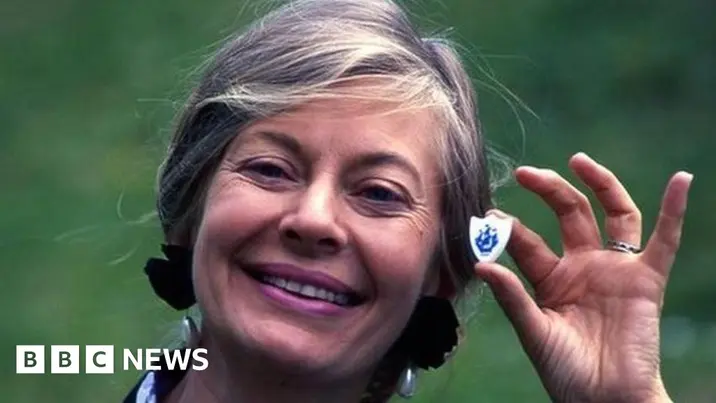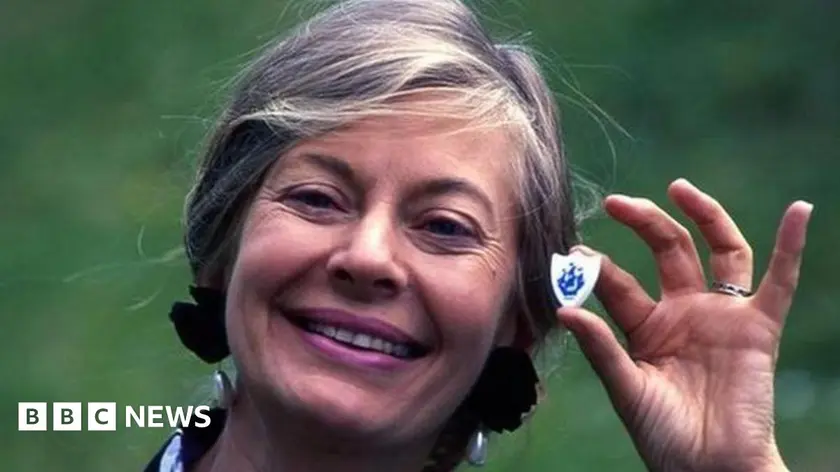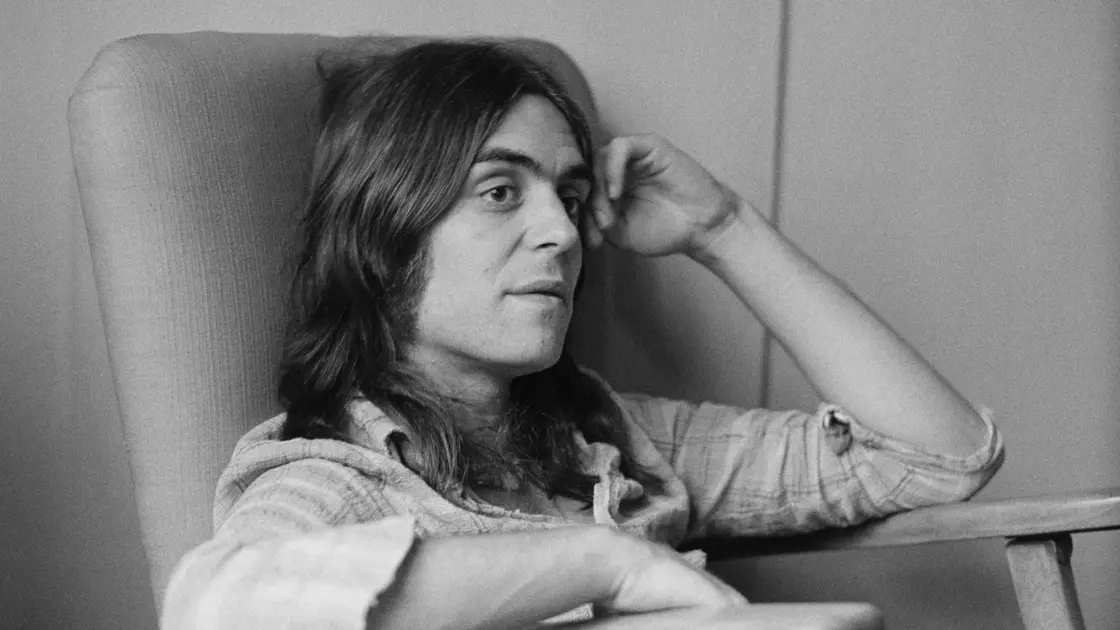T4K3.news
Blue Peter editor Baxter dies
Biddy Baxter, who steered Blue Peter for over two decades, has died at 92, leaving a lasting mark on British children's television.

Biddy Baxter reshaped the BBCs children program into a national institution through audience participation and strong leadership.
Blue Peter editor Biddy Baxter dies aged 92
Blue Peter editor Biddy Baxter, who led the show from 1965 to 1988, has died at the age of 92. Under her watch the program moved beyond studio shoots, added pets and charity appeals, and built a system to involve viewers through ideas and letters. She helped introduce the Blue Peter badge and opened up location filming to widen the show’s reach, making it a participatory experience for children across the country.
Her management style drew both praise and criticism. Former presenters described her as a formidable figure who exercised near total control over content and direction. The clashes reflected a broader debate about leadership in children’s television and how much room should be left for audience voice. Baxter left the program in 1988, a turning point as the show faced new competition from brash rivals and changing tastes. The era also emphasized recycling, charity work, and a DIY ethos that left a lasting imprint on the series.
Key Takeaways
"She was a true force of nature"
Peter Duncan described her influence inside BBC Breakfast interview
"An absolute powerhouse"
Peter Purves described her role in steering the program
"She controlled everything about the programme"
Peter Purves recalled the extent of her influence
"She was a bully who treated me like some country yokel"
John Noakes recalled clashes with Baxter
Baxter’s tenure shows how a media project can be built around audience participation while still being steered from the top. Her work fused budget limits with ambitious ideas, turning Blue Peter into a platform for social causes, creativity, and nostalgia. That combination helped the show endure for decades, but it also sparked debates about power in children’s programming and how much influence presenters should have over what kids see.
In today’s media landscape, Baxter’s approach reads as both pioneering and controversial. A modern audience tends to demand more diversity and transparent leadership, which has fed a long-running conversation about who speaks for children on screen and whose voices shape what counts as a “worthy” program. Her legacy is thus a mixture of timeless format and contested methods, a reminder that influence in media often comes with both admiration and critique.
Highlights
- A force of nature who shaped a generation
- An absolute powerhouse on screen
- The show grew from the voices of its viewers
- Leadership that left a lasting imprint on British TV
Controversial legacy linked to autocratic leadership
The obituary frames Baxter as a transformative figure but also notes reports of a rigid leadership style and clashes with presenters. This raises questions about power dynamics in children’s TV and how leadership affects creator and performer relationships.
Her influence lives on in how children’s programs invite participation while balancing control and responsibility.
Enjoyed this? Let your friends know!
Related News

Blue Peter editor Biddy Baxter obituary

Biddy Baxter obituary
Blue Peter icon Baxter remembered for lasting impact
Documentary Investigates Iconic Vietnam Photo Controversy

Peter Ryan, notable ABC reporter, dies at 64

UK mandates new online safety regulations

Terry Reid dies at age 75

Terry Reid dies at 75 after cancer battle
